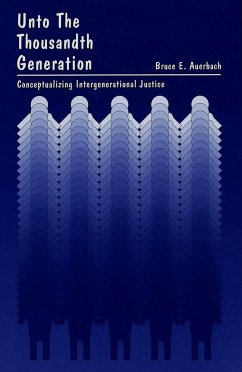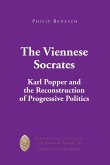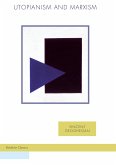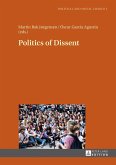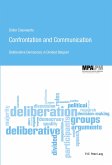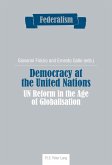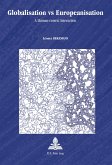The problem of intergenerational justice is among the most important issues in contemporary politics. Yet contemporary philosophers and political theorists have had great difficulty coming to grips with the nature and extent of our intergenerational obligations. This book examines the historical roots of intergenerational justice and analyzes this concept critically. Contemporary approaches are critiqued for their inability to address adequately such essential "intergenerational" questions as whether, and under what circumstances, we have an obligation to perpetuate the human species, the moral implications of our power to affect the identity of future persons, and the nature of our obligations to the dead. The concluding chapters propose a broader understanding of intergenerational justice and the moral necessity of establishing a tradition of just intergenerational action as our legacy to posterity.
«'Unto the Thousandth Generation' is a brilliant and stimulating exploration of a major subject neglected by most contemporary thinkers and almost all policy makers. As we approach the millennial year 2001, it is particularly fitting that we have Bruce Auerbach's rich and thoughtful book to encourage us to address the central problems of achieving justice in an intergenerational community.» (Neal Riemer, Drew University)

